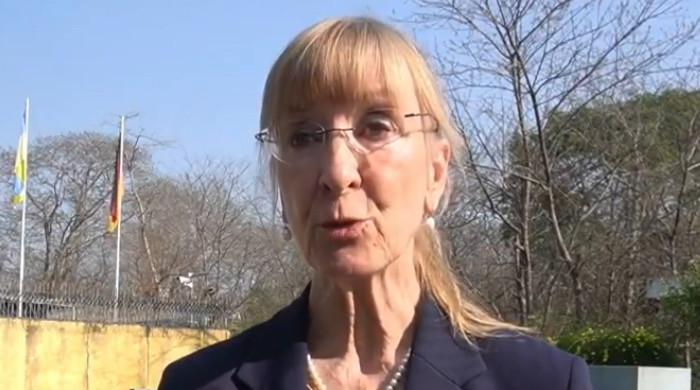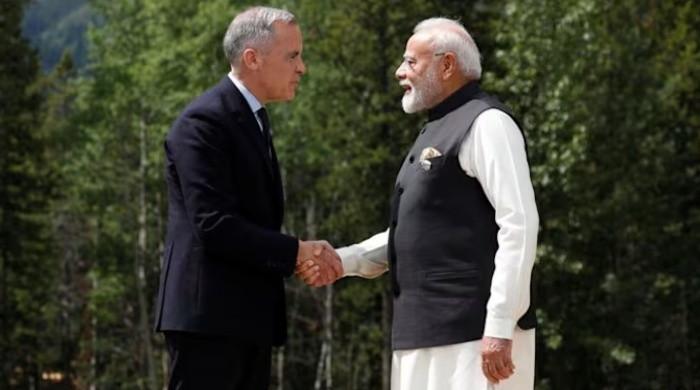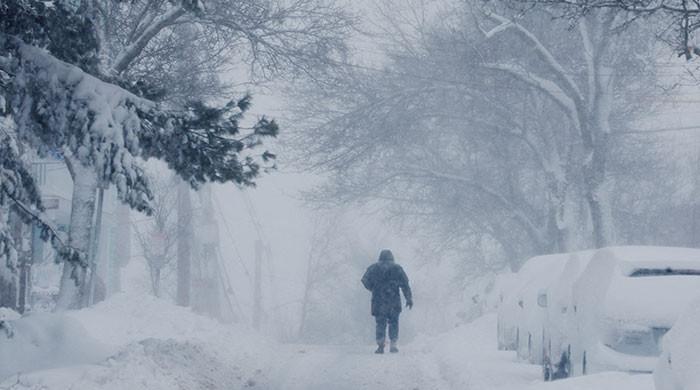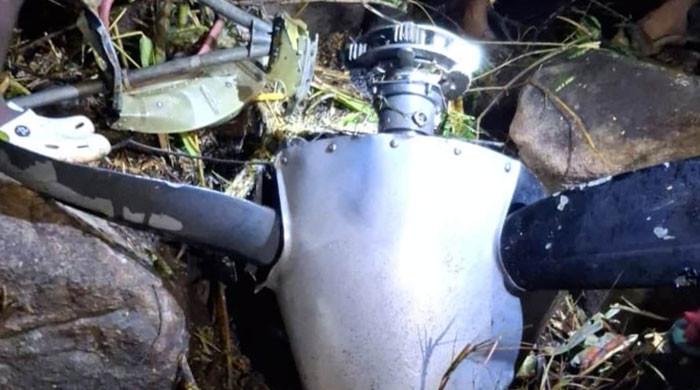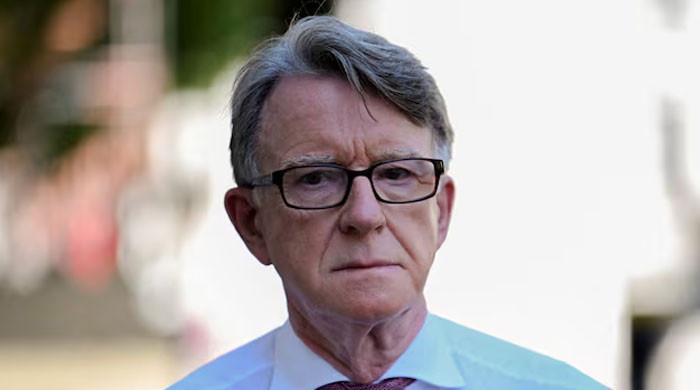Saudi Arabia evicts 300,000 unregistered pilgrims from Makkah before Hajj
Saudi officials say that managing crowds during Hajj is difficult as it drew over 1.8m Muslims last year
June 09, 2024
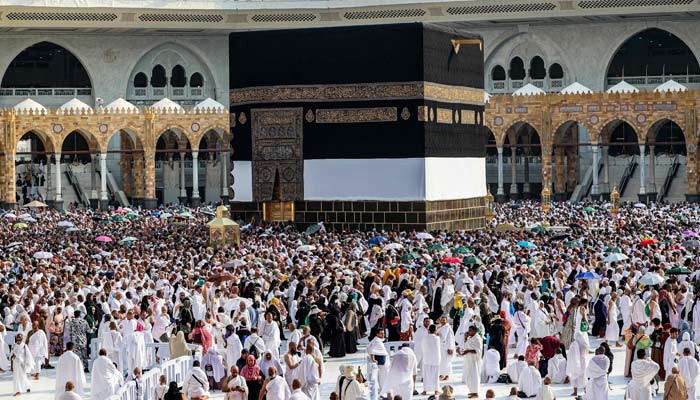
- 153,998 foreigners on tourist visas turned away.
- Authorities also round up 171,587 others in Saudi.
- Over 1.3m registered pilgrims arrived for the Hajj.
Saudi Arabia announced Saturday that security forces had removed hundreds of thousands of unauthorised pilgrims from Makkah before the upcoming annual Hajj pilgrimage.
Saudi officials have revealed that managing the crowd during Hajj, which is one of the five pillars of Islam, is a significant concern as it drew more than 1.8 million Muslims last year, AFP reported.
Those turned away in recent days from the holy city, home to the Grand Mosque and the Kaaba, include 153,998 foreigners who travelled from abroad on tourist visas rather than the required Hajj visas, the official Saudi Press Agency said.
In addition, Saudi authorities have rounded up 171,587 others who are based in Saudi Arabia but are not residents of Makkah and did not have Hajj permits, SPA said.
The Hajj, which begins on June 14, must be undertaken at least once by all Muslims with the means and it involves a series of rituals completed over at least four days in Makkah and its surroundings in the west of Saudi Arabia.
Many seek to complete the rites through unofficial channels as obtaining the formal permits and travel packages can be extremely costly, with limited quotas for pilgrims from each country.
The latest move by Saudi officials is an effort to avoid a repeat of the 2015 stampede in Mina, near Makkah, which killed up to 2,300 people during the stoning of the devil ritual.
As of Saturday, over 1.3 million registered pilgrims had arrived in Saudi Arabia for the Hajj, Makkah regional authorities said on X.






